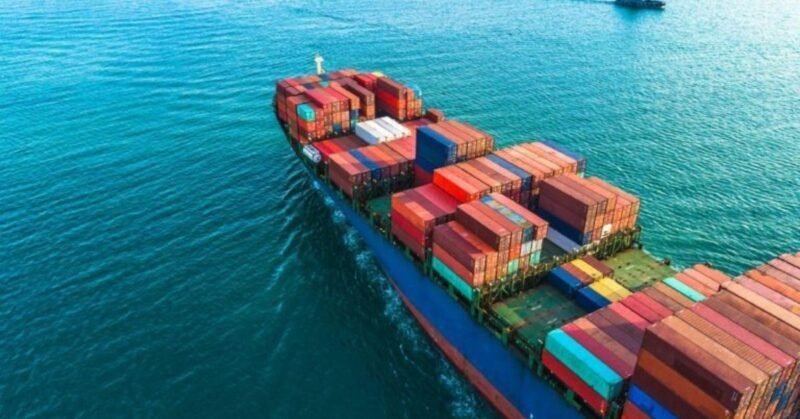The Ministry of Finance recently urged the RBI, Irdai, and Exim Bank to closely monitor and address issues reported by exporters to the Ministry of Commerce and Industry. This comes in light of potential disruptions that could drive up India’s export expenses. Sectoral regulators have been instructed to watch for these issues and take necessary action, with banks being briefed to consider these factors when sanctioning credit limits for exporters and other businesses.
Financial services secretary Vivek Joshi had previously advised state-run banks and insurers to handle trade financing and insurance with sensitivity due to the crisis. Sources mentioned in a report by The Economic Times stated that they are already considering increases in freight costs and insurance premiums when approving new credit limits. The disruptions in global trade routes through the Suez Canal and the Panama Canal have further impacted supply chains and key macroeconomic indicators.
Despite the Red Sea crisis leading to significant drops in trade volume through these major canals, India’s exports have not been severely affected. Ships transporting containers from India have been rerouted through the Cape of Good Hope to ensure continued trade flows. This redirection is a response to heightened risks in the Red Sea region, with major shipping companies choosing to avoid the Suez Canal and incur higher freight and transportation costs as a result.







